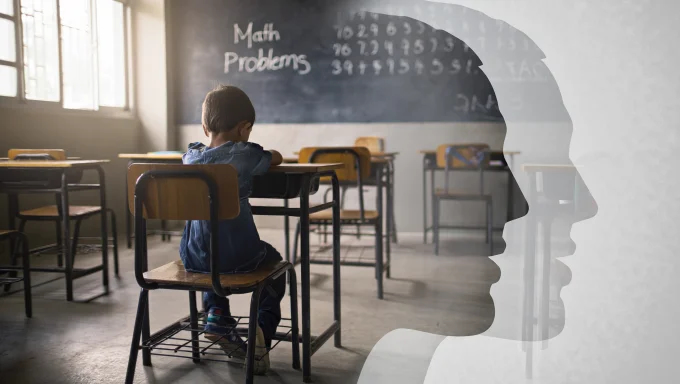A new study has revealed that children who experience loneliness may face a 41% higher risk of developing dementia in later life. Researchers emphasize that the long-term impact of social isolation in early years should not be underestimated, as it appears to leave a lasting mark on brain health.
The study, which followed participants over several decades, found that those who reported frequent feelings of loneliness during childhood were significantly more likely to develop dementia as adults. Experts believe that prolonged social isolation can influence brain development, stress responses, and emotional regulation, all of which may contribute to cognitive decline later in life.
“Childhood is a critical period for emotional and cognitive growth,” researchers explained. “Experiences of loneliness at this stage may set the foundation for how the brain manages stress and social interactions across a lifetime.”
The findings underline the importance of early interventions to reduce loneliness among children. Strengthening community ties, improving access to mental health resources, and encouraging strong family support systems may help mitigate long-term risks.
While not all lonely children will develop dementia, the research highlights a powerful link between early-life social experiences and brain health outcomes in old age. Specialists recommend that parents, educators, and policymakers take proactive steps to identify and support children struggling with isolation.
The study adds to a growing body of evidence connecting mental well-being and neurological health, reinforcing the idea that investing in children’s social and emotional needs today could protect them from serious conditions like dementia in the future.
Childhood Loneliness May Increase Dementia Risk by 41%.






